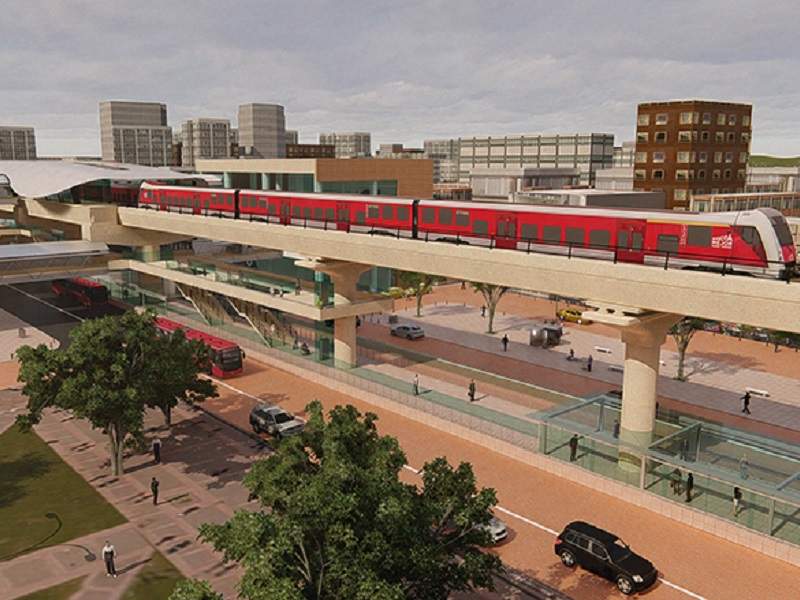
The World Bank has agreed to support the development of a metro rail project in the Colombian capital of Bogota in a bid to promote mobility and public transportation in the city.
The bank will initially provide $70m in funds as a part of the $600m requested by the government to carry out preliminary construction works of a viaduct, as well as audits and technical studies for the Bogota metro project. The remaining $530m will be used in future operations.
The Inter-American Development Bank (IDB) and the European Investment Bank (EIB) have also agreed to finance the Bogota Metro project.
The combined financing from the three financial institutions in this initial phase is $190m.
World Bank Colombia and Venezuela director Ulrich Zachau said: “I expect that the metro will generate important benefits, especially for lower-income sectors of the population, which depend on public transportation.
“This first operation reflects the World Bank’s commitment with the city in the development and implementation of the metro project over the next few years.”
Set to be integrated with the Bogota mass transit system, the new metro is expected to reduce journey times for passengers, as well as decrease air pollution in the city.
The first Bogota metro line will run between from the Bosa depot to 72nd Street and will be capable of transporting up to 72,000 passengers per hour.
Metro de Bogota Company head Andrés Escobar said: “The project, which will directly benefit 2.9 million people in nine boroughs of Bogota (88% are citizens in the three lowest income brackets) will be a 24km elevated railway, with an average height of 13m.
“The works include the construction of 16 stations and 28 access buildings, the reconfiguration of the road networks where the metro will pass (22.2km) and the renovation and/or creation of 600,000m² of public space.”
The project was approved by the World Bank board of directors for the period 2018-2021.


